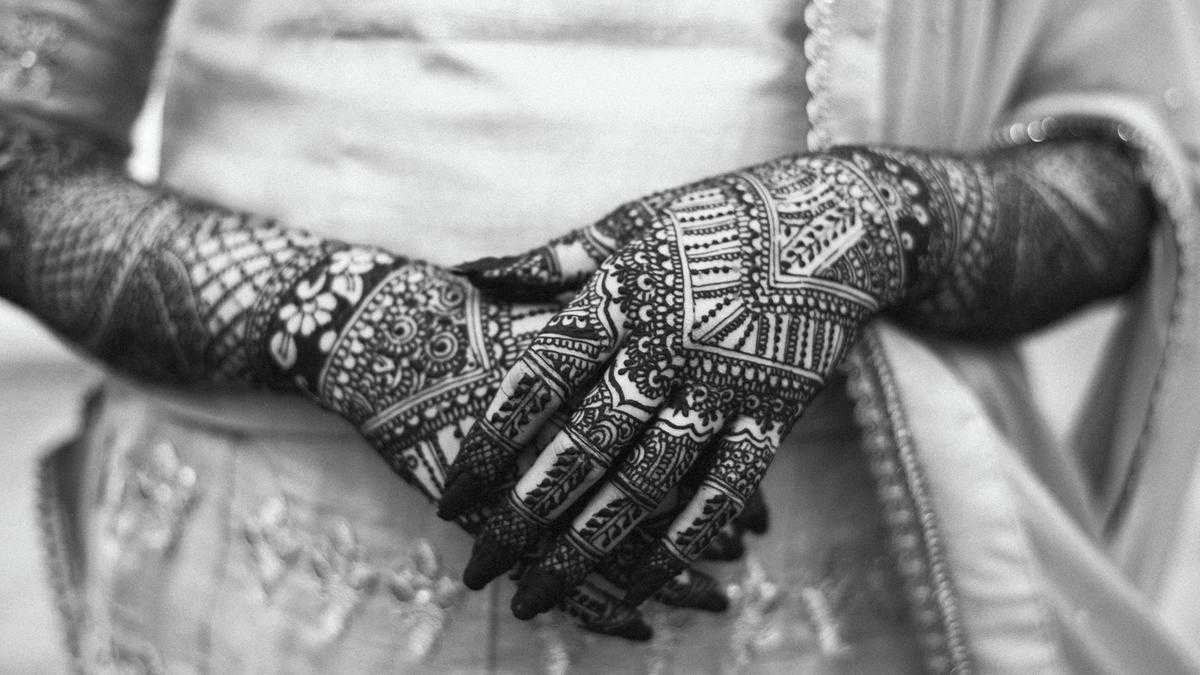'Fair', 'wheatish' or 'dark': Indian matrimony web page Shaadi.com stops asking users to declare epidermis colour
24 June, 2020

Leading Indian matrimony site Shaadi.com, which connects singles seeking for life-long partners, offers announced that it has removed a choice that asked users to declare the color of their pores and skin on the profiles as a good tag of sorts.
The move came after an online petition challenging the change got more than 1,5000 signatures.
Countless Shaadi.com users in the UAE told The National that that they had answered the question about the colour of their skin if they initial joined the program, with the options being fair, wheatish and dark. In addition they confirmed that feature is no more on their profiles.
“When I signed up about seven or perhaps eight years, I recall there being truly a box asking me personally to choose between dark, fair, wheatish,” one Dubai resident told us. “A whole lot of folks also put well-lit images or Photoshopped profile photos to make their skin look lighter than it really is.”
“Some profiles mention a person is fair skinned, and even though they don’t say that they expect a fair-skinned match, it is implied. Meanwhile, there are some profiles that openly claim they want for fair-skinned partners.”
The petition to make the change was started by US-founded Hetal Lakhani after a user, Toronto-founded Meghan Nagpal, brought focus on the issue.
Nagpal, who was simply using the program at the time, wrote to Shaadi.com questioning the filtration, particularly in light of the latest anti-racism protests in america.
A good representative from the system returned saying, “You may already know this is a matrimonial webpage and most parents do require this as an option thus it’s visible on the webpage.”
When Lakhani heard about this, she started the web petition on transformation.org, and it received a lot more than 1,500 signatures in 14 hours.
“Now is the time to re-evaluate what we consider beautiful," she wrote on the petition. "Colourism possesses significant consequences inside our community, specifically for women. People who have darker skin experience increased prejudice, violence, bullying, public sanctions, and all types of skin-lightening treatments are recommended to them beneath the guise of 'producing them attractive' or 'making them more beautiful'."
“This kind of regular discrimination affects our self-esteem and mental health, with consequences as extreme as social exclusion and physical harm. Color is merely skin deep. The theory that fairer pores and skin is “very good” and darker pores and skin is “bad” is totally irrational. It's not only untrue, but it can be an totally socially constructed perception located in neo-colonialism and casteism, without any place in the 21st century,” Lakhani wrote on the modification.org platform.
On June 11, Shaadi.com tweeted that the search filtration was a “blind location” and had since been removed. The tweet also said that it did not collect or capture this information on its platform, and it was extremely hard to filtration system profiles using this characteristic. The National has already reached out to Shaadi.com for comment.
This issue of colourism is South Asian communities provides come to the limelight in the wake of the anti-racism protests in america, with several top rated Bollywood stars under fire for condemning racism after promoting skin-lightening products.
On June 20, Johnson & Johnson verified that it would stop selling its Tidy & Clear Fairness type of products together with its Neutrogena Excellent Fairness range, both which are marketed as assisting to reduce dark locations, but with titles and branding that recommend they'll lighten all skin.
A lot more than 11,000 people have now signed a petition that urges Unilever to avoid selling Good & Lovely, a skin-lightening merchandise sold found in Asia and the center East.
Source: www.thenational.ae
